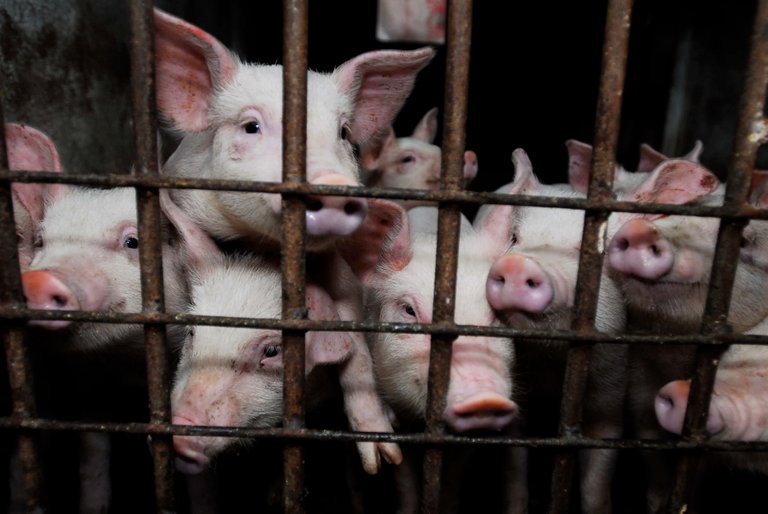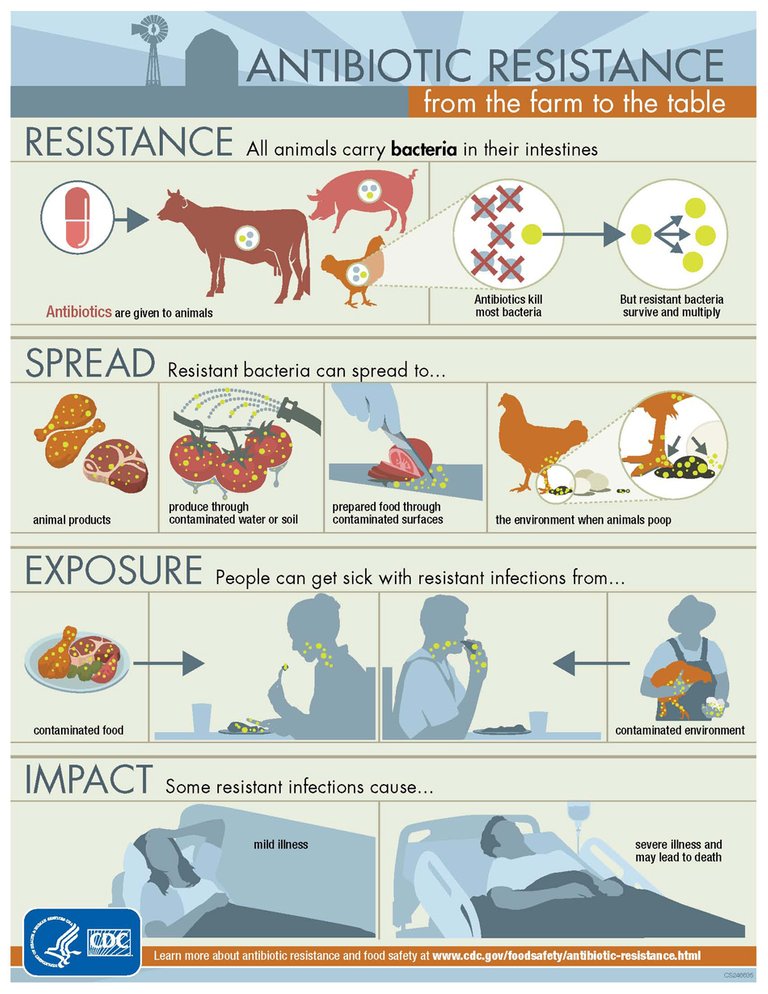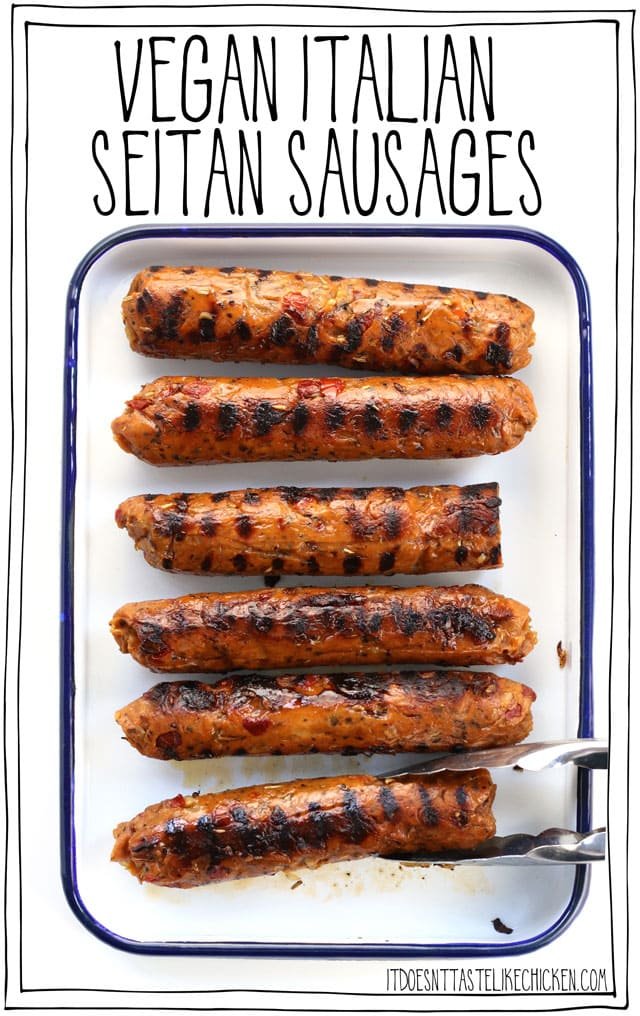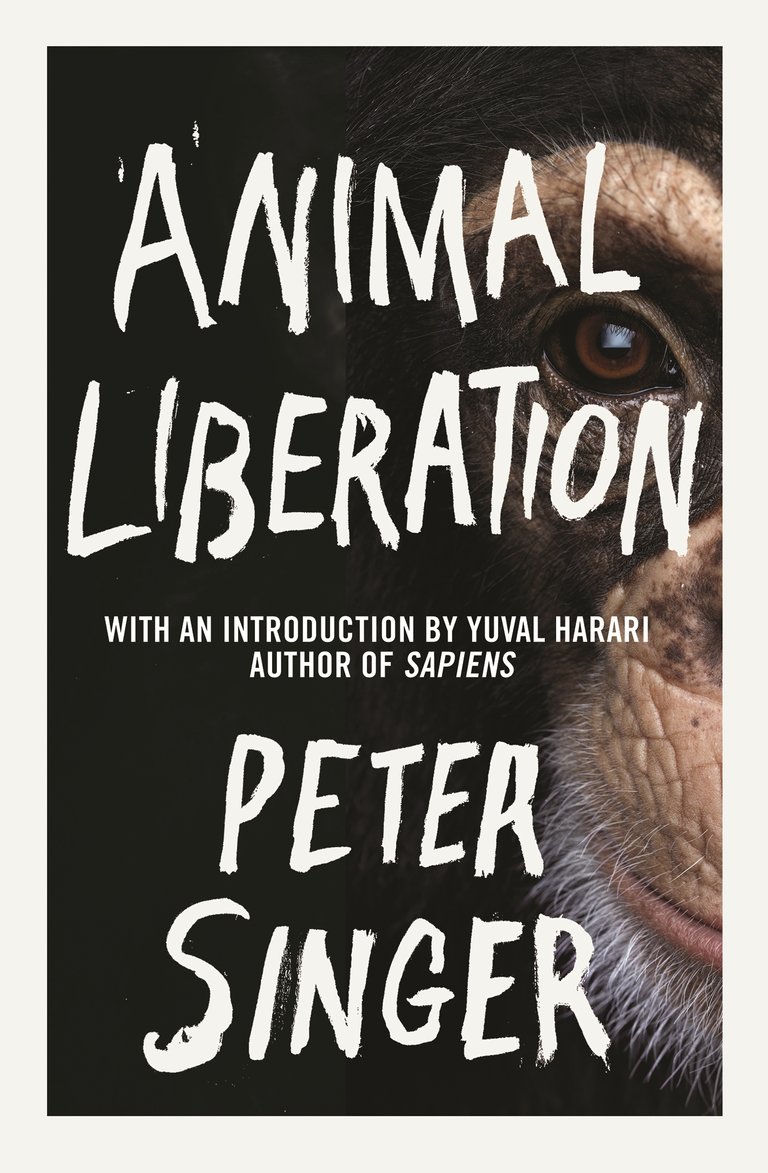
December 2019 in the Chinese city of Wuhan. Many people suddenly became ill with symptoms of pneumonia. The disease Sars-Covid was diagnosed. A large part of the infected patients had visited the infamous "wet markets", where animals such as cats, chickens, dogs, but also exotic animals such as snakes and bats are slaughtered and sold. The idea of eating wild animals arose in the Chinese popular gastronomy due to a great famine in 1960. People killed all kinds of animals to eat, for lack of other food. Thus arose the tradition of slaughtering and eating everything that lives.
The consumption of exotic animals is life-threatening because of the high risk of bacteria and viruses, and more specifically zoonoses: diseases that pass from animal to human. Zoonoses are nothing new, they have been a threat throughout human history. Almost 70 percent of all human infections originate from other animal species. What is new, however, is the alarmingly rapid emergence of new zoonoses. And that has everything to do with the destructive way in which we as humans deal with nature.
After discovering COVID-19, the finger was pointed at China from all over the world
But as is so often the case, people only see as far as the ends of their noses. It's easy to put the blame on someone else, so you don't have to look at your own share of responsibility. Because by eating a piece of meat, you also indirectly contribute to the potential spread of disease. At the beginning of 1990, hundreds of thousands of cows in Great Britain became ill because they were fed flour containing carcasses of sick sheep and cows. Millions of cows had to be slaughtered, and in the meantime people had already eaten meat from sick cows. In 1997 there was panic around the bird flu, when it appeared that the flu virus was able to transmit from poultry to humans. In 2014, the zoonosis ebola broke out, killing more than 11,000 people. The well-known disease caused by the Salmonella bacterium is also a zoonosis. In sub-Saharan Africa, the annual death toll is estimated at more than 600,000. And now there is COVID, which has already killed more than a million people worldwide.
Our eating habits and the food industry as big culprits
So why haven't we learned anything yet? We know that masses of animals crammed together in enclosed spaces are a breeding ground for bacteria, and yet that's exactly how industrial animal husbandry keeps animals for human consumption today. Large quantities of livestock are compressed into mega stalls, making it easy for an infection to spread. Industrial animal husbandry and fish farming has found a so-called "solution" to this; antibiotics. Today, half of all antibiotics in the world are used in animal husbandry.
In theory there are strict rules on the use of antibiotics, but in reality they are not often observed. The antibiotics in animal products are not only directly harmful to our health, but there is a bigger problem; due to their massive use, more and more bacteria are becoming resistant to antibiotics. These super-resistant microbes cost the lives of many people every year.

In addition to zoonoses and resistant bacteria, livestock farming poses even more dangers.
The production of animal feed can cause toxic substances to enter the food chain. For example, there was a scandal in Belgium in 1999, when it turned out that a carcinogenic substance - dioxin - had ended up in animal feed, and thus also in animal meat, dairy products and eggs. Millions of animals had to be killed, and in the meantime many people had already consumed products containing the carcinogenic substance.
A very big factor in the spread of zoonoses, is the deforestation of tropical rainforests. Every second 169 trees are being cut down from tropical rainforests. Cattle breeding is responsible for 65% of the deforestation of the Amazon rainforest. Because wild animals increasingly lose their natural habitat, they come more and more in contact with people. The transfer of viruses to humans happens remarkably often at the edge of tropical forests; yellow fever, malaria, and Ebola are diseases that were transmitted on these edges.
If we continue to exploit animals and degrade their habitat, many new diseases will emerge
Why does the world just go on and on like this? The answer is simple: money. The goal is not to provide the healthiest food, but the food that yields the most profit. The meat and fish industry has an immense annual turnover.
Numerous scientists and studies have already shown that small-scale and ecological agriculture offers a solution not only to the climate and biodiversity crisis, but also to public health. And yet governments continue to support and promote the large-scale industrial model of food production. A very recent example of this: recently, on 20 October, there was an important vote on agricultural policy in the European Parliament. They rejected the environmental committee's proposals to reduce subsidies for mega stalls or to substantially increase funding for environmental measures. Clearly, agriculture has to change drastically in order to deal with the climate crisis, and yet they want to lock us back in the current destructive model for years. With this, they have signed the death warrant for smaller farms, and for nature.
Yet it doesn't have to be a lost cause. The beginning of change will have to lie with ourselves. Livestock production produces an enormous supply, because there is an enormous demand. By eating less meat, the demand decreases. And if demand falls, then supply falls. It sounds simple, and actually it is. Everyone could do their bit by consuming less animal products. So you don't have to be a vegetarian or vegan with full conviction. Every little bit helps, and a lot of hands make light work.

Of course, there is also a need for awareness from the meat industry itself. On 19 October the European Parliament voted on a ban on referring vegetarian products to animal products, because the meat industry was angry because the terms "vegetarian burger" or "vegan sausage" would mislead consumers. These are the discussions taking place in the European Parliament in the midst of a pandemic directly and indirectly linked to animal consumption. And this at a time when the meat industry itself is the king of deception:
- on the packaging, animals are grazing in green pastures when in reality they never see a blade of grass
- they don't say a word about the impact on the environment
- the health risks don't have to be mentioned on the packaging.
Once it was believed that tobacco would be good for your health, it was promoted by even doctors. But when the dangers became known, it was no longer allowed to be promoted as a healthy product and the health risks had to be mentioned on the packaging. In the case of animal products, the dangers to health have long been known, and yet it is accepted that the industry is silent about them in all languages. If the meat industry were required to indicate the health and environmental impact on the packaging instead of the misleading way in which it is now promoted, consumers would be much more aware of what they eat and would have the choice to make responsible decisions.
End of 'speciesism': starting a new way of life
The next step is to put an end to speciesism. The term was coined by the Australian philosopher Peter Singer. Speciesism is man's belief that the lives and experiences of other animals are inferior to those of humans, simply because they are of a different species. It undermines the reality that animals, like humans, can feel pain, pleasure, fear, loneliness and love. In his book Animal Liberation Peter Singer fights to give animals the right to live free from suffering and exploitation. If speciesism is ended, it will automatically have the effect of drastically reducing the number of animals produced for human consumption.

This conviction is related to the following working point for humanity: we must return to the fact that nobody owns the earth. The relationship between human labour and nature must be restored, instead of one dominating the other. Only in this way can we pass on the earth in good condition to the next generations. This change of mentality will not take place overnight. On the contrary, a few generations will have to pass on. That is why it is important that we already teach the impact of change to the younger generations, and ideally this already happens in primary and secondary education, an important training phase for young people. A compulsory subject on ecology and the environment is at least as important as mathematics or language subjects. In fact, even more important, because it concerns something that concerns the whole world. Knowledge of language and mathematics is nothing if there is no world to use that knowledge in.
The next working point is actively combating food waste. It is estimated that 1/3 of all food produced is thrown away. Responsibility for this lies with every link in the chain: the producer, the store, and the consumer. So again, the change starts with ourselves. If less food is wasted, the supply that is currently available will be used more effectively. It is a vicious circle, only we have to start the beginning of that circle ourselves. Buying locally also has an impact in many areas. Not only are there fewer emissions from transport, but farmers also keep more profit on their products. They can use these profits to invest in other, more ecological ways of food production.
The current Covid crisis has taken a high toll worldwide. But scientists are hopeful that this pandemic can open our eyes. It is something typically human that needs a disaster first, before we humans come to understand. It is to be hoped that preventive action will now be taken before the next zoonoses can cause another pandemic. The impact we have on nature, and vice versa, cannot be underestimated. All change starts with ourselves. By taking small steps ourselves, this eventually has a snowball effect on the entire industrial meat lobby. From there, the snowball becomes an avalanche that drastically changes the environment and public health; less deforestation, less spread of zoonoses, reduction of diseases associated with animal consumption such as cardiovascular disease, better animal welfare, and generally better care for the planet on which we all live!
Should we stop eating chicken, beef, mutton?
TBH, your post is way too long.